Beth Good has been named Eastern Mennonite University’s director of intercultural programs.
In the new role, Good will coordinate off-campus cross-cultural undergraduate and graduate courses, provide academic and programmatic oversight of the undergraduate cross-cultural requirement, and teach undergraduate cross-cultural learning courses.
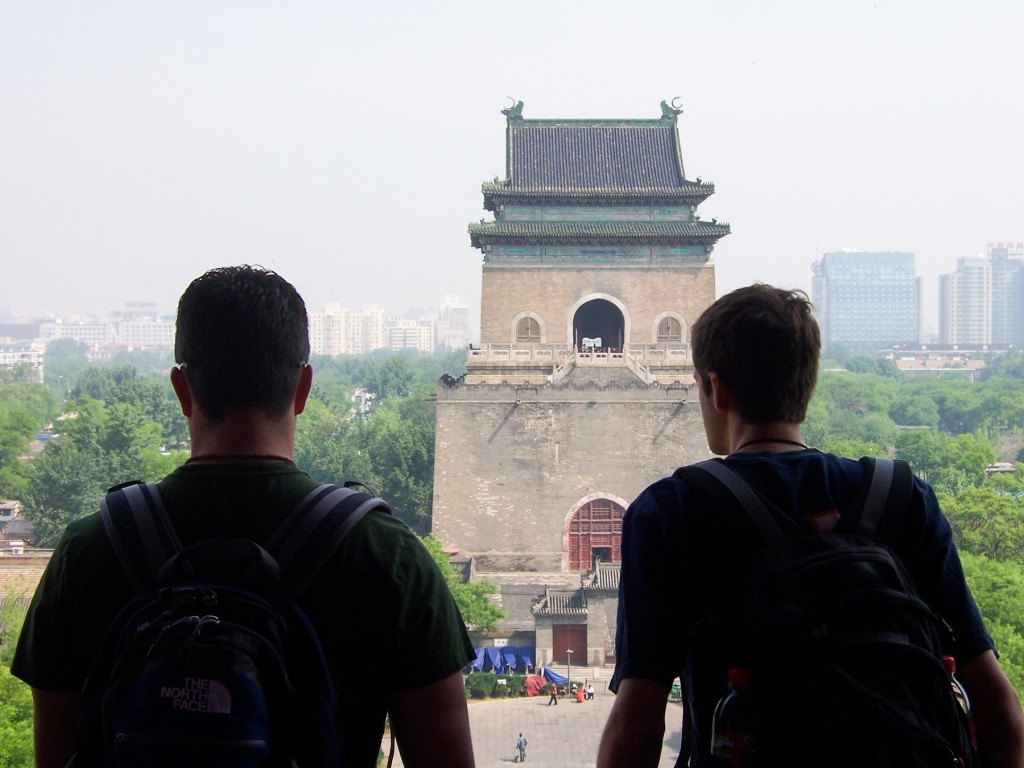
“At EMU, equipping students with relevant, robust cross-cultural experiences is central to all of our programs, from undergraduate to graduate,” said Provost Fred Kniss. “Beth brings not just a wealth of personal intercultural and administrative experience to this new role, but also perspective as a parent whose own children were positively impacted by EMU’s cross-cultural requirements.”
The position is an expansion of the undergraduate-focused role previously held by Ann Graber Hershberger, who this year became Mennonite Central Committee’s interim associate director.
Cross-cultural study has been a part of the EMU core curriculum for over 30 years. Faculty have introduced undergraduate and graduate students to cultural learning through educational travel in more than 80 locations around the globe.
Check out a timeline of the EMU crosscultural program.
Intercultural qualifications
Good has lived or worked internationally in Kenya, the Democratic Republic of Congo, Tanzania, Ethiopia, Gambia, Guinea-Bissau, India, Thailand, the Philippines, Nepal, Nigeria, Rwanda, North Korea, Ukraine and Vietnam, as well as with underserved populations in the United States. In addition to English, she speaks Maa (Maasai), Swahili and beginner French.
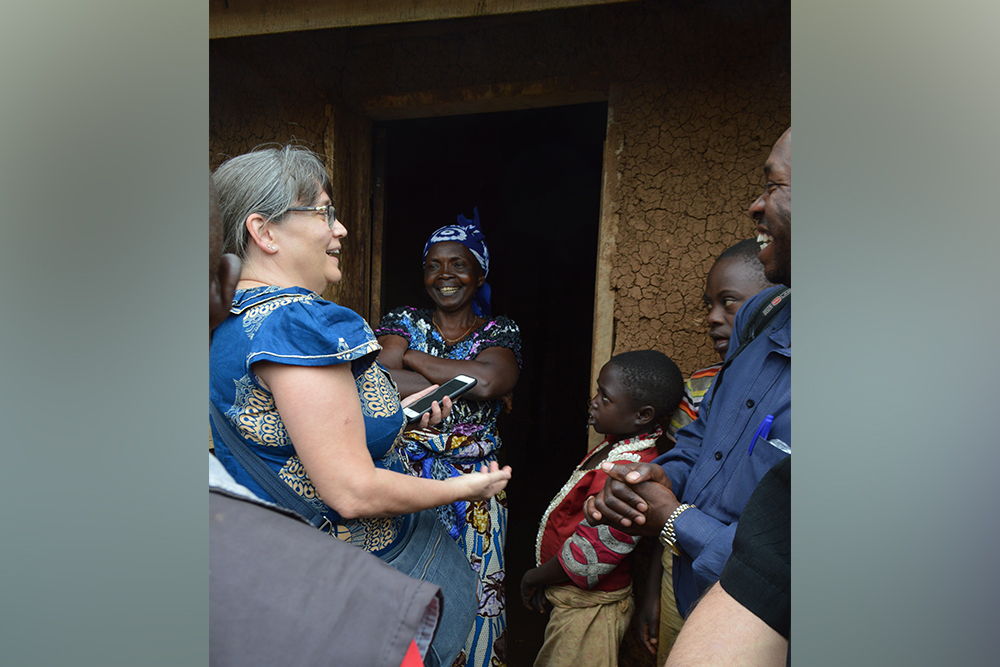
She completed her doctoral studies in nursing science and research, with a focus on conflict-related sexual and gender-based violence, at Widener University in Chester, Pennsylvania, where she also earned a master’s degree in public health nursing and certification as a clinical nurse specialist. She completed her bachelor’s degree in nursing at EMU after earning an associate degree in nursing from Harrisburg (Pennsylvania) Area Community College.
A certified trainer of Strategies for Trauma Awareness and Resilience, Good served as Mennonite Central Committee’s Kenya country representative with her husband Clair from 2018-19 and as the organization’s health coordinator 2012-18, having earned board certification in advanced practice public health nursing.
From 2005-12, she was clinical director at the Hope Within Community Health Center in Elizabethtown, Pennsylvania, and from 2003-12 she was the HIV/AIDS education program coordinator for Eastern Mennonite Missions, which is based in Salunga, Pennsylvania. She was a staff nurse at the Penn State Milton S Hershey Medical Center 2003-05.
As a medical missions worker in Kenya from 1989-2001, she began a small rural health center, provided community health and wellness education and children’s educational programs, and educated and learned in women’s groups.
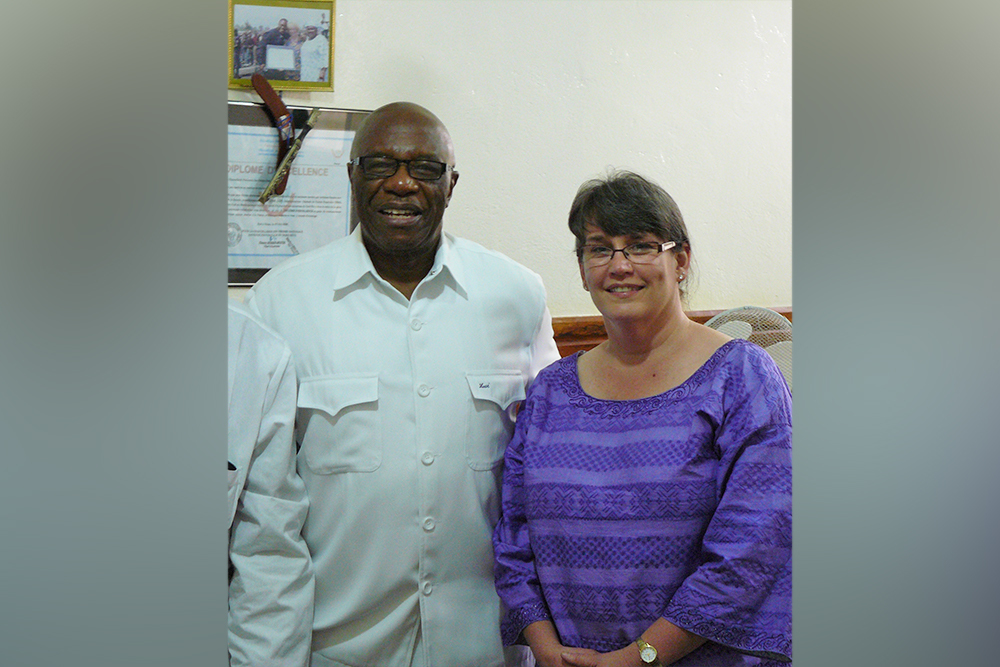
She has taught at EMU since 2012.
Grads in the family had four different crosscultural experiences
Good’s own cross-cultural perspectives have evolved over her years in the Democratic Republic of the Congo in the mid-1980s and in Kenya 1989-2001. Intercultural experiences, she said, allow people to learn skills and gain experiences that will help them communicate and navigate relationships with people from other cultures and who hold different beliefs and ideas.
When Good and her husband Clair first served overseas, in church construction and later church planting, it was with a sense of calling that she now describes as “the white savior thing.” Soon, however, she realized that the experience was more a “learning exchange.”
In Kenya, she had anticipated speaking out against the Maasai practice of female genital mutilation. But while she continues to believe it is wrong, she came to believe it was more important to address it through “a conversation with friends instead of from on a soap box,” she said. “That was a huge shift for me, from wanting to tell people what to do to ‘Hey, why don’t we talk about this and see where the conversation goes.’”
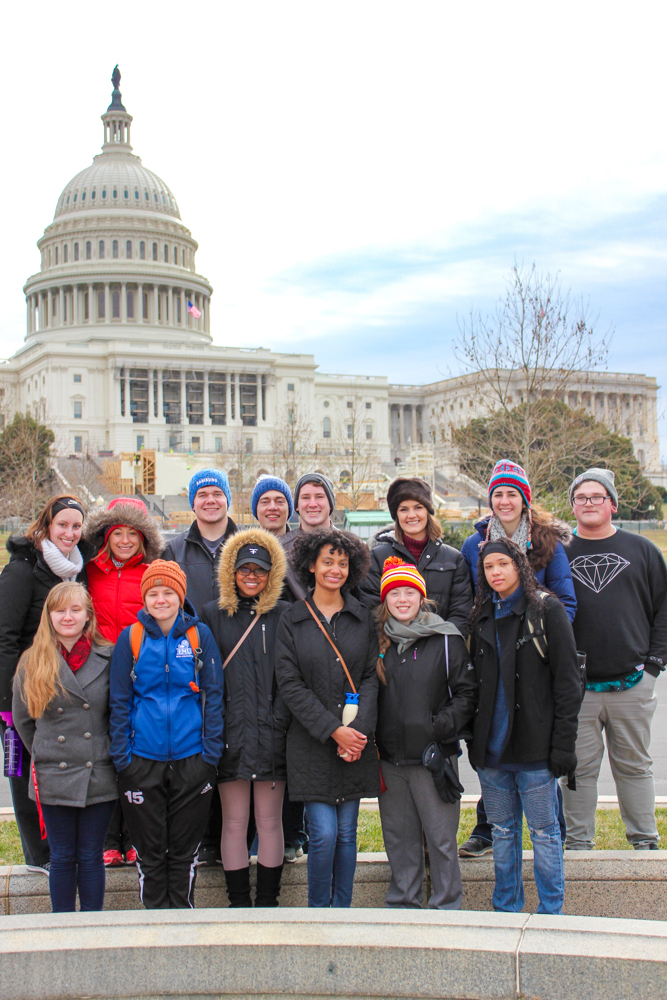
The Goods have four daughters, all of whom graduated from EMU having fulfilled the undergraduate cross-cultural requirement, but in different ways. Even though the family had lived internationally, their daughters’ college-age travel experiences were important, Good said: traveling apart from their parents developed new confidence to travel and engage interculturally. One daughter attended a Mennonite World Conference in Zimbabwe, another spent a semester in the Washington Community Scholars’ Center, another enrolled in a three-week summer trip to China, and the fourth spent a semester in Colombia.
“I think they were pleasantly surprised that there were some things that they recognized from their growing up, but also that there were still new things to learn,” Good said.
And, Good observed, her children’s experiences of living cross-culturally have allowed them to “think more deeply,” she said. “They think in a more broad worldview.”
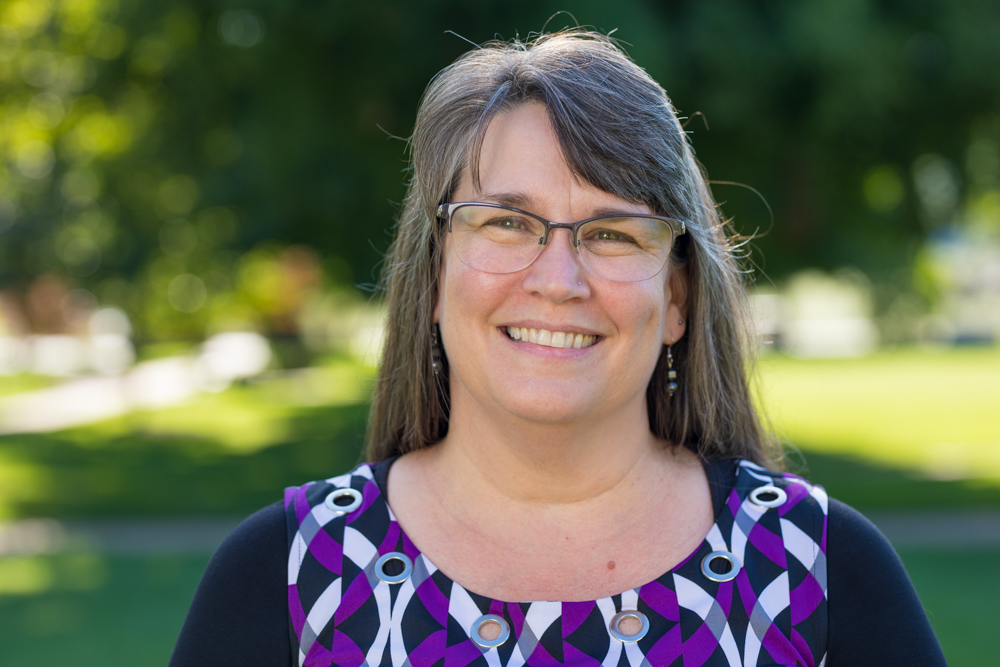
Congratulations, Beth. I remember Pain and Suffering; can you?